Gilead Sciences: Breaking Barriers to Breast Cancer Care in Rural Areas
Published 11-22-23
Submitted by Gilead Sciences
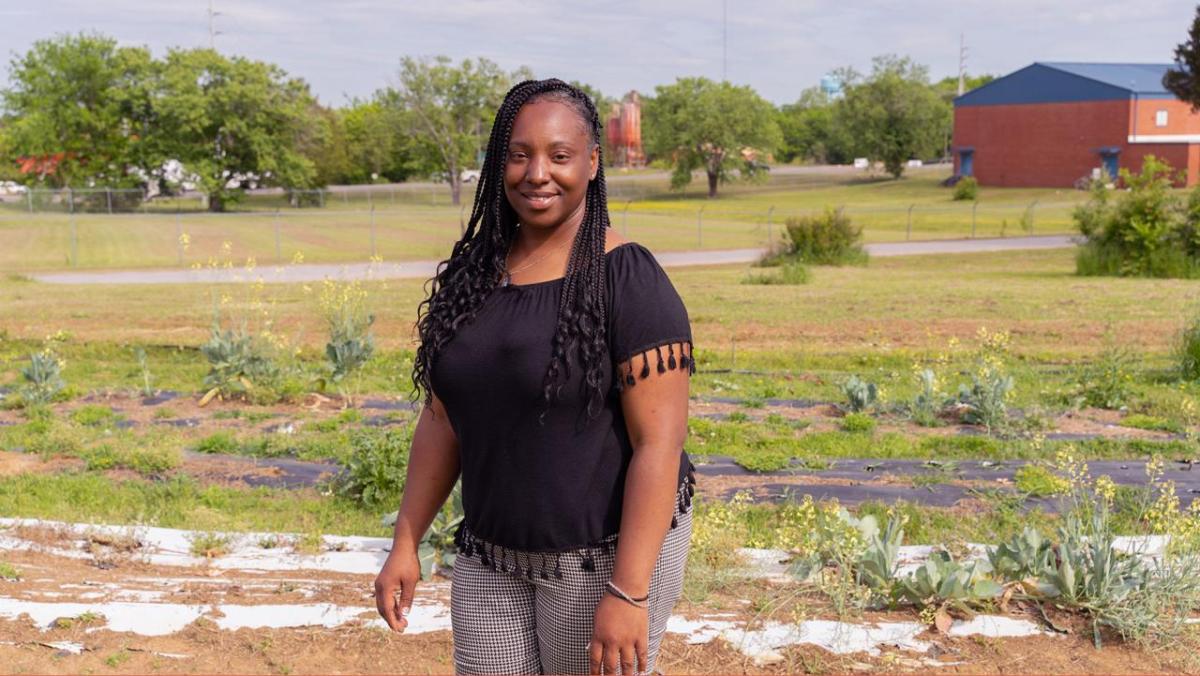
Claudia Hardy says she’s found her life’s mission. As director of Community Health Access and Relations for the O’Neal Comprehensive Cancer Center at the University of Alabama at Birmingham – the only National Cancer Institute-Designated Cancer Center in the state – she brings cancer resources and preventive care to communities in Alabama’s Black Belt like the one she grew up in.
“In our rural communities, there are no Ubers or other public transportation systems, so being able to get to a healthcare facility is hard,” Claudia explains. “But even if we’re able to physically get to a facility, we still need to understand the difficult medical lingo and have the correct insurance to be able to access comprehensive treatment.”
It’s her personal experience with these rural areas that gives Claudia an edge in understanding what’s needed. Food access within many rural cities may only include a dollar store where people get their groceries. “I grew up here. At the time, I didn't realize I was living in a medically underserved area and a food desert,” she reflects.
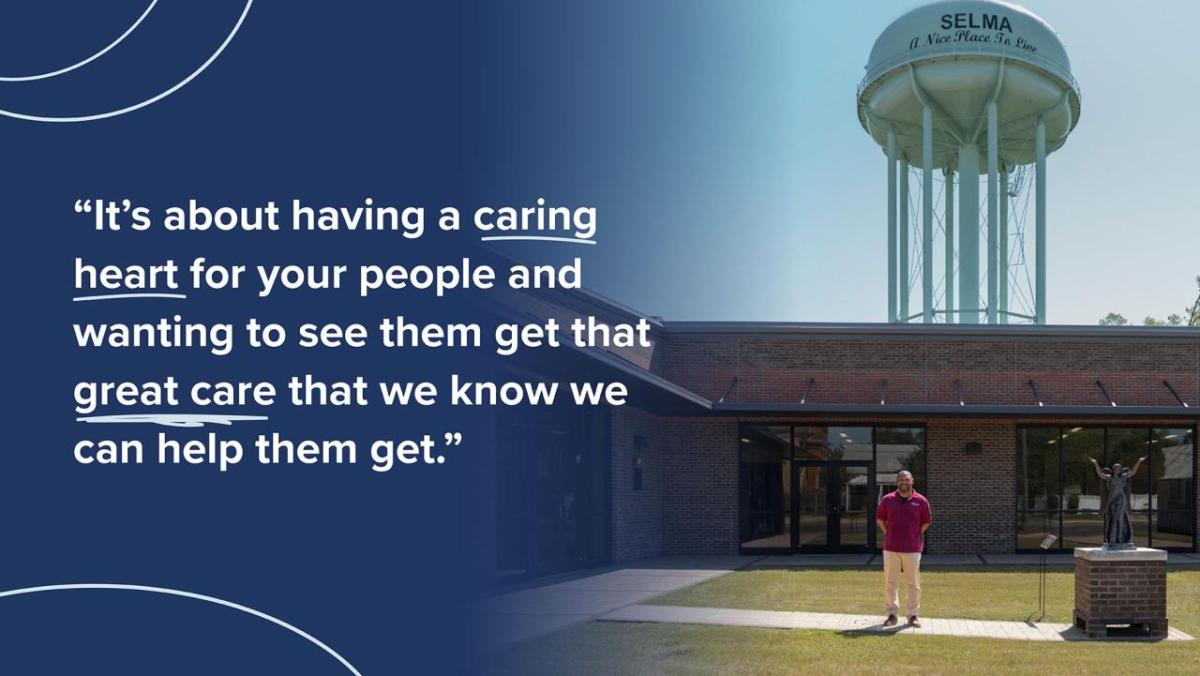
Barriers to Cancer Care in Rural Areas
Claudia’s always learning more about what those limitations mean – particularly for Black women. When her sister-in-law was diagnosed with breast cancer, Claudia was at first puzzled by her decision to receive medical care in Montgomery, instead of commuting to Birmingham, where Claudia works.
“She could get leading-edge cancer care at our center, but she decided not to travel the 120 miles round trip.” she says. “After my sister-in-law went through more than 40 rounds of daily radiation treatments, I understood why she chose to go to the place closer to her.”
Her sister-in-law’s choices highlighted the barriers facing Black women with breast cancer who live in rural counties. Concerned that not enough was being done to reach these communities, Claudia developed a new program to provide early breast cancer education and screening for Black women in rural areas of Alabama’s Black Belt.
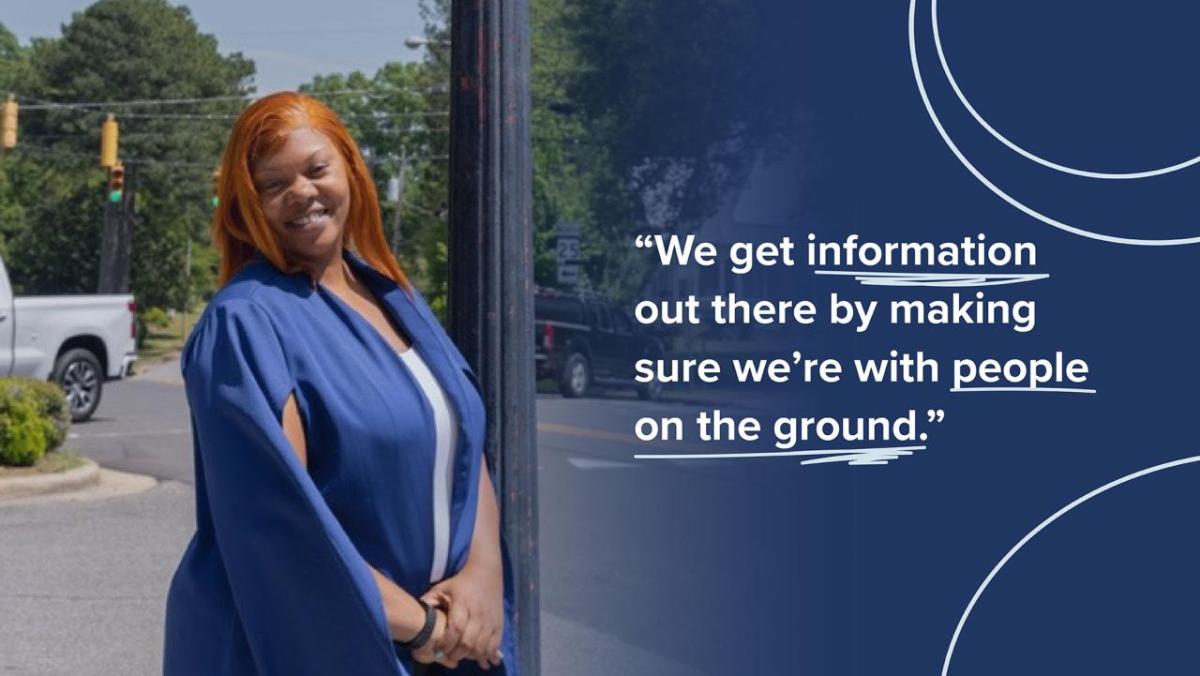
The Natural Helpers on Creating Trust
As part of Gilead’s ongoing commitment to advancing health equity and addressing barriers to care in communities with the greatest unmet needs, a Gilead community oncology grant supported Claudia’s launch of A Family Affair this year.
A Family Affair’s mission is to provide support for Black breast cancer survivors and their family members, especially those at high risk of the disease, across the healthcare journey – from screening to survivorship. Claudia’s team of about 30 community health advisors and coordinators, also known as “natural helpers,” are trusted individuals who bring tailored support and resources to their own communities. They’re connected to 26 counties in rural Alabama and Mississippi that each have unique needs, but the natural helpers all have in common a devotion to their community.
“What I hope to do with A Family Affair is to share resources with Black women who have gone through breast cancer, particularly in these rural communities,” says Claudia. “And I want to bring in experts who can teach them things that’ll hopefully have a long lasting impact on their lives.”
Originally published by Gilead Sciences
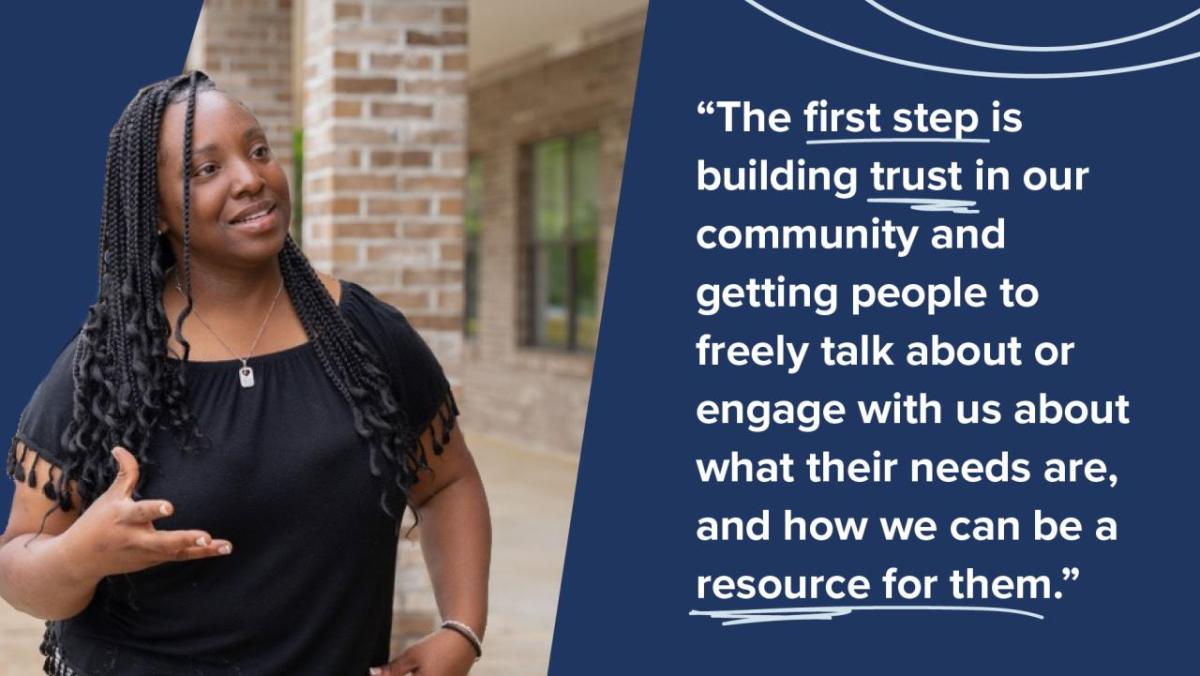
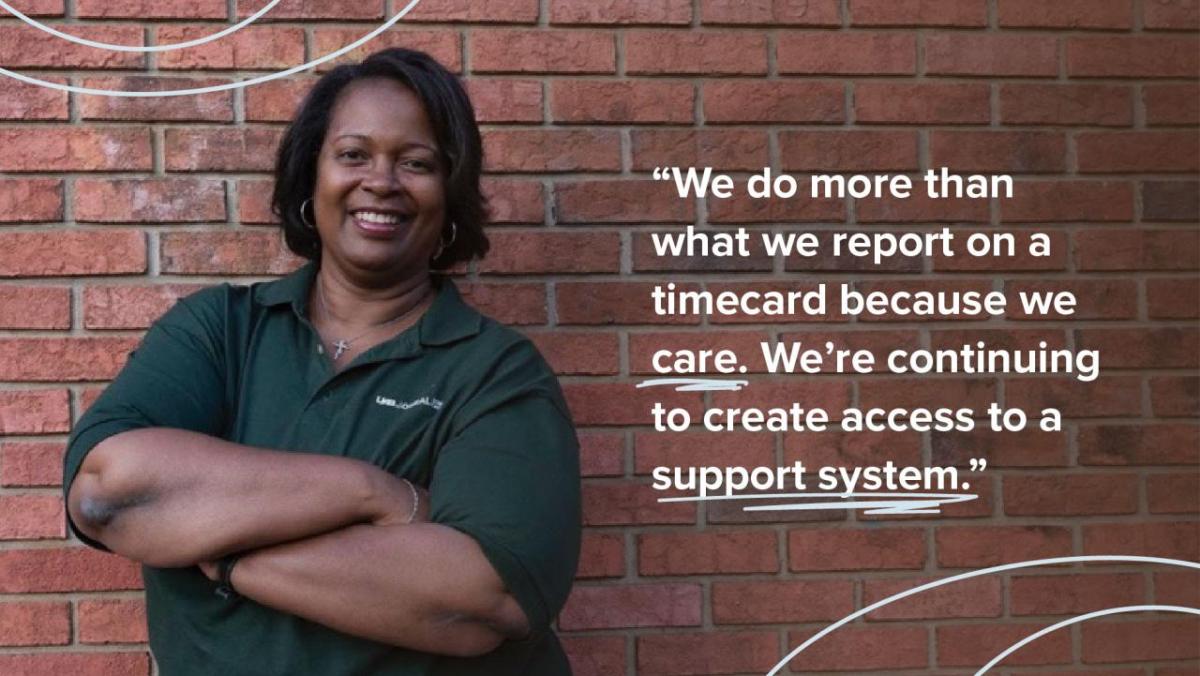
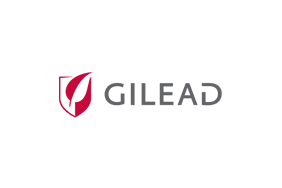
Gilead Sciences
Gilead Sciences
Gilead Sciences, Inc. is a research-based biopharmaceutical company that discovers, develops and commercializes innovative medicines in areas of unmet medical need. The company strives to transform and simplify care for people with life-threatening illnesses around the world. Gilead has operations in more than 35 countries worldwide, with headquarters in Foster City, California.
More from Gilead Sciences

